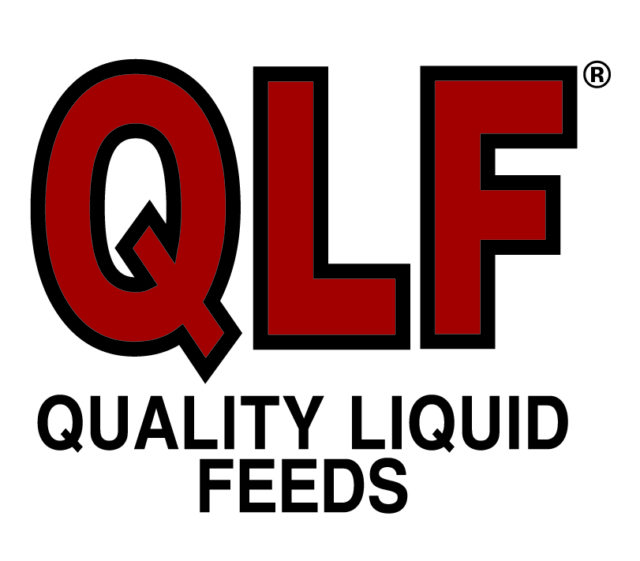Requests to drop the RFS were made this summer by a dozen states, a number of livestock organizations, and even the United Nations, to alleviate the price pressure on corn grains felt by ethanol production. They argued that this summer’s drought causes greater jumps in corn prices, having a significant effect on livestock and food production.
Groups such as the National Cattlemen’ Beef Association and American Feed Industry Association pushed on EPA to drop the ethanol mandate, saying it created enormous financial burden for feed this year. At least 40 percent of the U.S. corn crop is dedicated to ethanol production.
But EPA officials said the hardships made by the drought were not extensive enough to meet the congressional requirements for an RFS waiver.
In a statement, the agency said “EPA examined a wide variety of evidence, including modeling of the impact that a waiver would have on ethanol use, corn prices, and food prices. EPA also looked at empirical evidence, such as the current price for renewable fuel credits, called RINs, which are used to demonstrate compliance with the RFS mandate.”
“EPA’s analysis shows that it is highly unlikely that waiving the RFS volume requirements will have a significant impact on ethanol production or use in the relevant time frame that a waiver could apply (the 2012-2013 corn marketing season) and therefore little or no impact on corn, food, or fuel prices We analyzed 500 scenarios, and in 89 percent of them we see no impacts from the RFS program at all.”
NCBA president J.D. Alexander criticized the EPA’s rejection, saying it ignores the key hardships faced by producers in the U.S.
Studies cited by the EPA showed that removing the RFS would reduce the price of corn by only 7 cents per bushel.
“In light of the most widespread drought to face the country in more than 50 years, the refusal to grant this waiver is a blatant example of the flawed policy of the RFS,” said Alexander. “The artificial support for corn ethanol provided for by the RFS is only making the situation worse for cattlemen and women by driving up feed costs… Cattlemen and women are only asking for a level playing field.”
The RFS under current laws of Congress mandates the production of 15.2 billion gallon and 16.5 billion gallons of renewable fuels, respectively, for 2012 and 2013. The mandate increases to 36.0 billion gallons by 2022.
During the presidential campaign, neither Barack Obama nor Mitt Romney said they favored keeping the RFS rules in place.
Joel G. Newman, president and CEO of the American Feed Industry Association, said the issue should not be dropped by either Congress or the new administration.
“EPA’s action is extremely short-sighted. EPA only looked at the potential price impact of the RFS, not the larger issue of access to corn by all end-users, including the feed, poultry and livestock and pet food industries. The U.S. priority on food security must be at least as high as the priority placed on future energy security, especially during a time when so many Americans are already struggling to feed their families.” ![]()
PHOTO
The EPA determined that the drought this summer did not provide as significant impact on the corn marketing season to necessitate waiving the Renewable Fuel Standard mandates. Staff photo.









